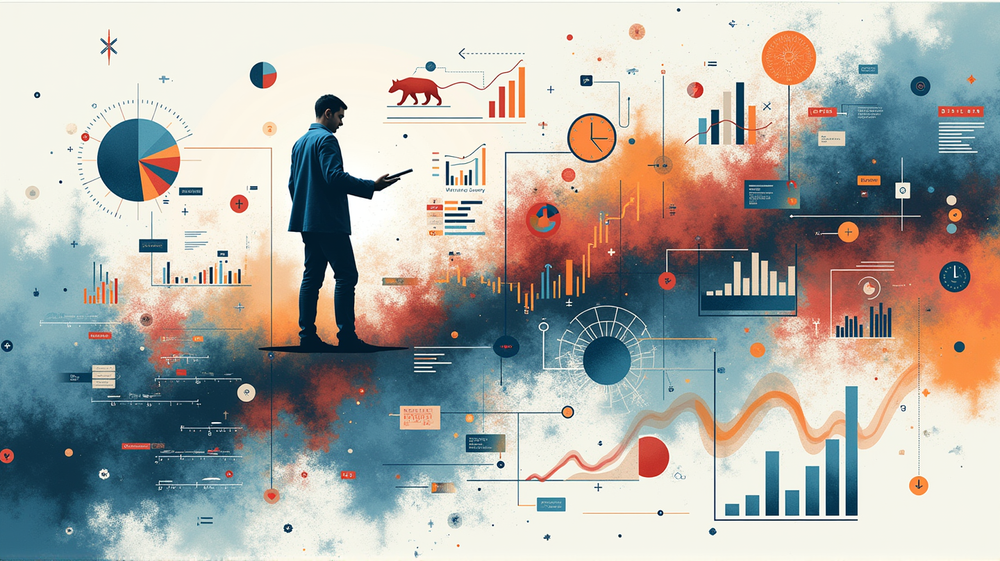Unlock Your Future: Why Study Economics and the Top Careers It Opens
Economics is more than just a subject; it provides a unique lens through which we can view the intricate web of our world. Understanding Economics enables us to gain insight into how societies allocate resources, balance needs, and make decisive choices. Whether you’re deliberating a new academic direction or seeking a career pivot, here’s why Economics could be your key to success.
The Linguistic Advantage: Expand Your Vocabulary
Studying Economics is like learning a new language. You’ll develop fluency in pivotal terms such as scarcity, opportunity cost, and equilibrium, tools that are not only crucial in the economic arena but in understanding global dynamics. As stated in Hindustan Times, mastering these terms grants you a robust framework for analyzing market behaviors.
The Personal Insight: Understand Your Spending Habits
Economics doesn’t just demystify markets; it provides profound insights into your own spending patterns and values. This understanding can transform your approach to personal finance and investment strategies, setting you on a path to achieving financial literacy and independence.
Academic Preparation: Gear Up for Graduate School
Considering a graduate degree in business? Economics equips you with essential problem-solving skills and technical knowledge, paving a pathway to advanced study, such as an MBA. The analytical tools you develop in Economics will be your allies in both academia and business pursuits.
Career Prospects: Enhance Them Exponentially
Economics opens doors to diverse career opportunities. By sharpening your analytical thinking, you’ll be positioned to excel in various sectors, adapting to the evolving demands of our global economy.
Top Career Paths in Economics
Here are the top seven careers you can pursue with an Economics degree, reflecting the versatility and value of this knowledge:
1. Actuary
For those who love mathematics and thrive on managing financial risks, a career as an actuary is ideal. Actuaries assess risks primarily for insurance firms, consulting agencies, and government bodies.
2. Economist
Economics graduates often venture into research and analysis, providing vital insights into economic trends, policies, and forecasts. Economists are crucial in shaping economic policy and decision-making processes.
3. Data Scientist
Economics degree holders are perfectly positioned to enter the growing field of data science. This role involves interpreting complex datasets and applying statistical techniques to solve advanced analytical challenges.
4. Market Research Analyst
If consumer behavior and market dynamics captivate you, becoming a market research analyst is a fitting choice. This role involves deep dive surveys, data analysis, and producing insightful reports on consumer preferences and market potentials.
5. Securities Trader
Securities traders buy and sell financial instruments, including stocks and bonds. Their expertise in investment banks and brokerage houses drives market speculation and investment strategies.
6. Operations Research Analyst
These analysts focus on optimizing processes within organizations, tackling issues like supply chain management and resource allocation. Their work ensures operational efficiency and cost-effectiveness.
7. Financial Manager
As a financial manager, you’ll command an organization’s financial strategy, ensuring sustainability and financial health. Overseeing budgeting, planning, and risk management are key aspects of this role.
Economics provides a solid foundation for a plethora of rewarding careers. With the analytical tools and knowledge it offers, you can maneuver effectively in today’s complex economic landscape, setting the stage for a promising future.




